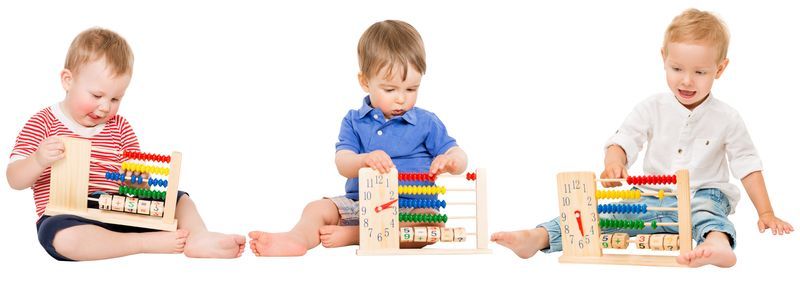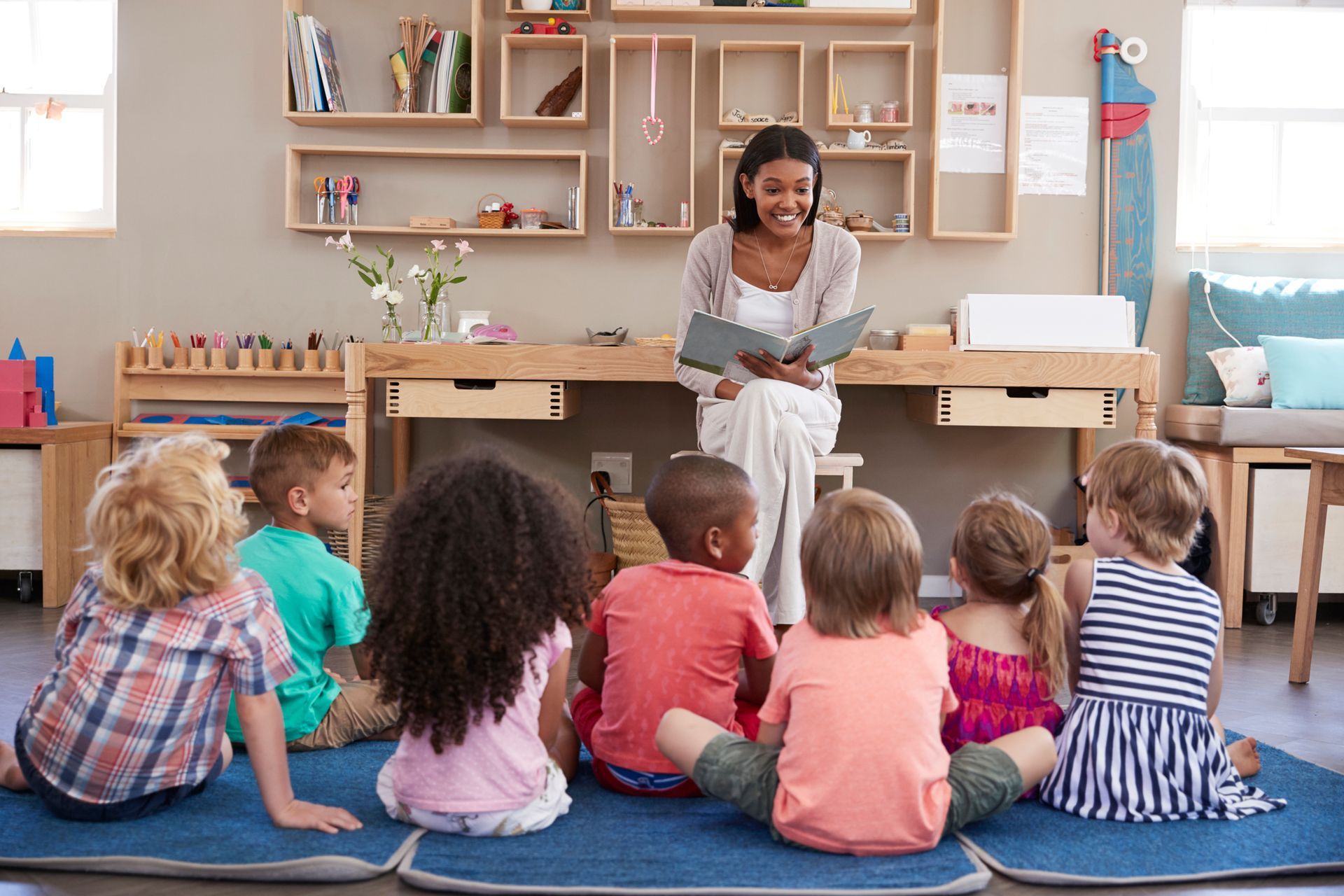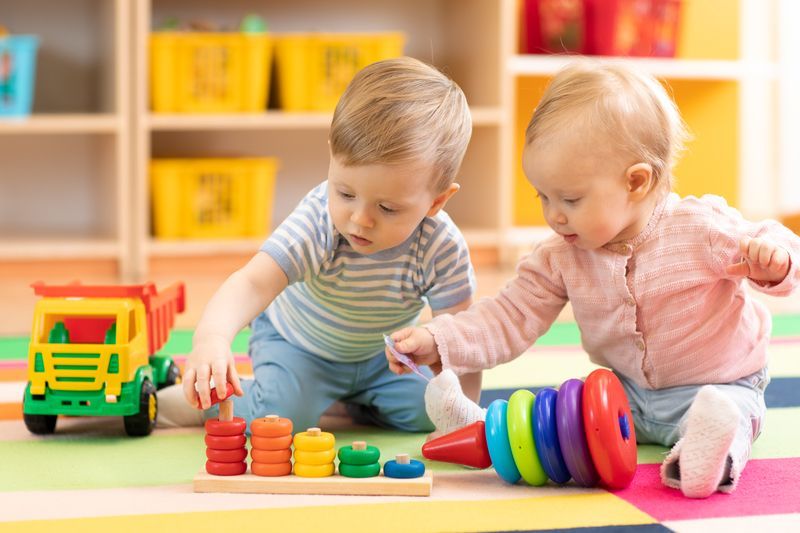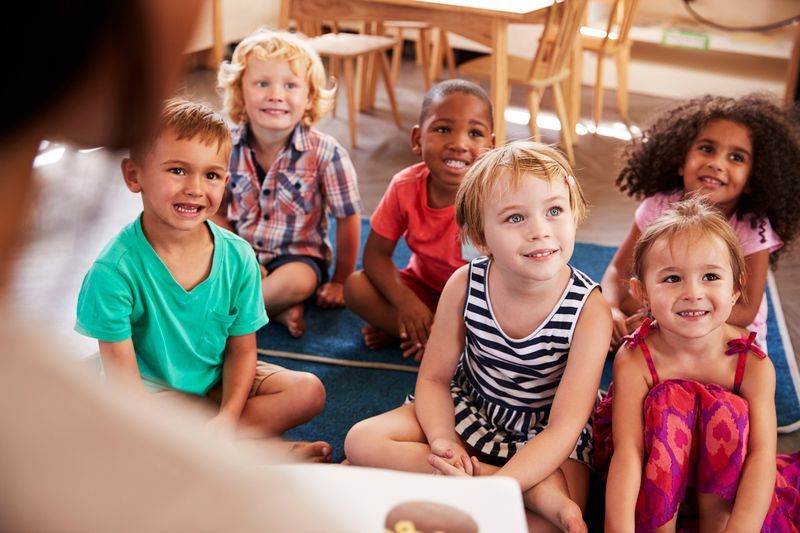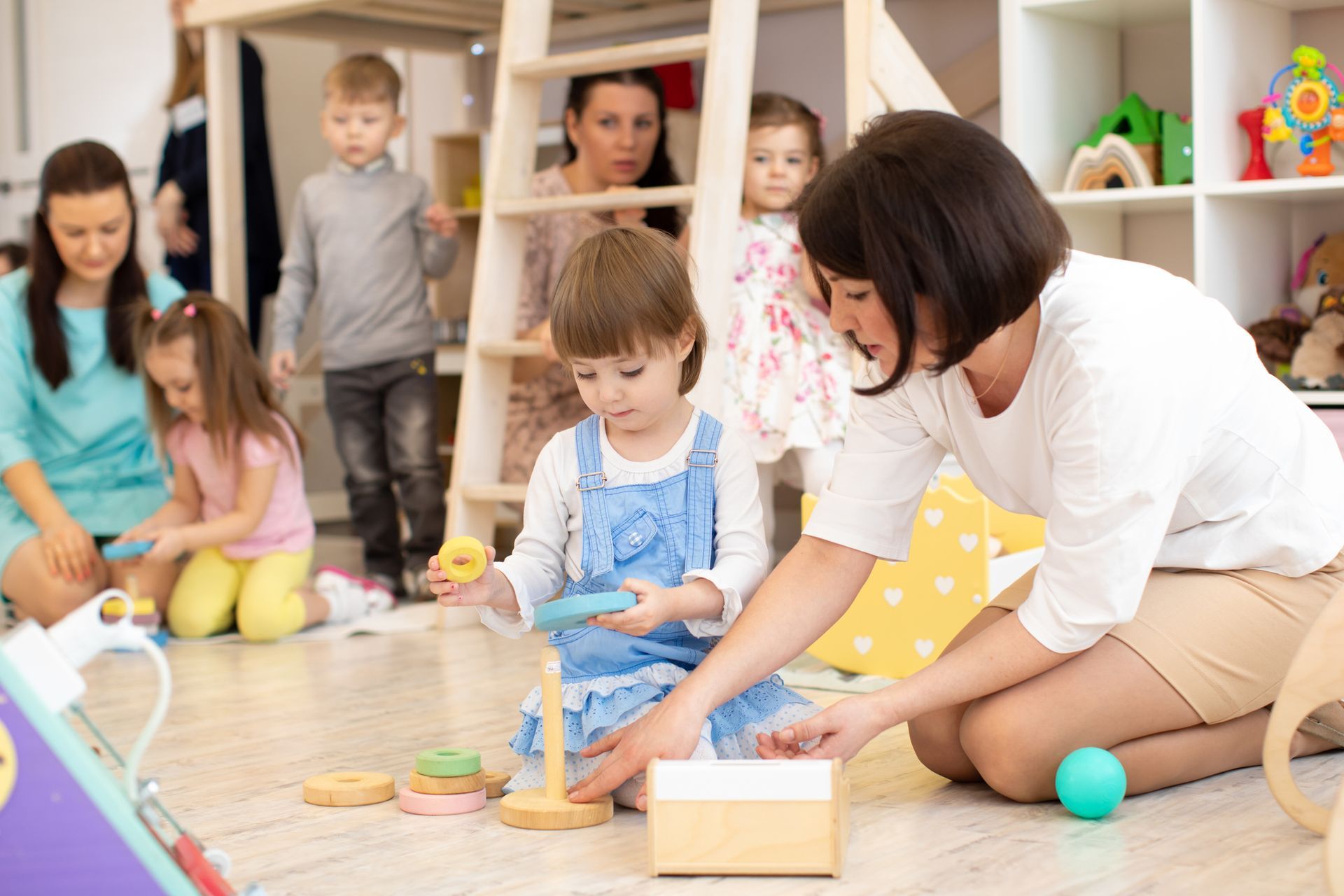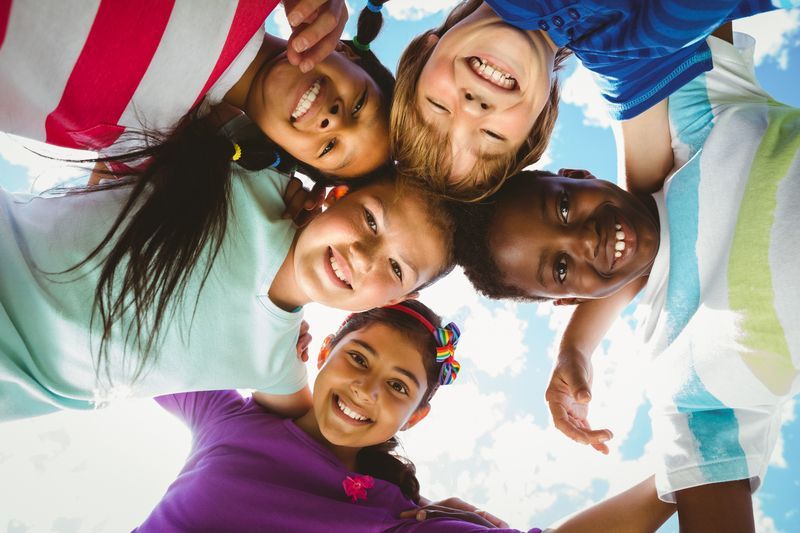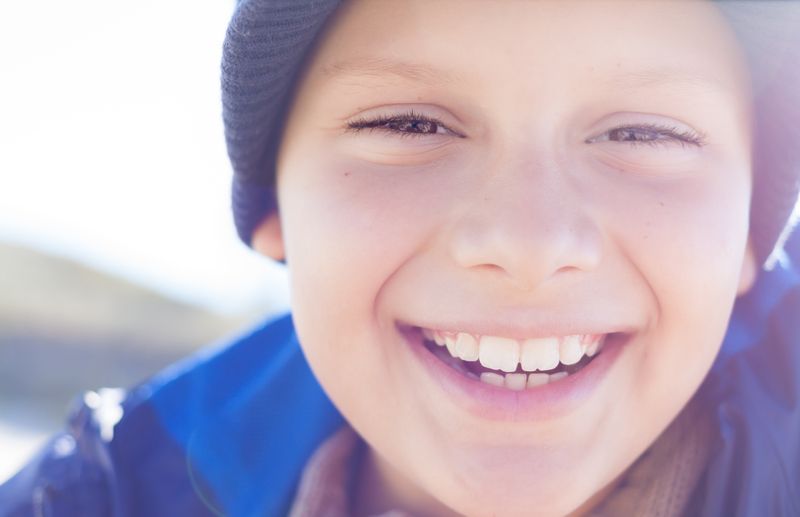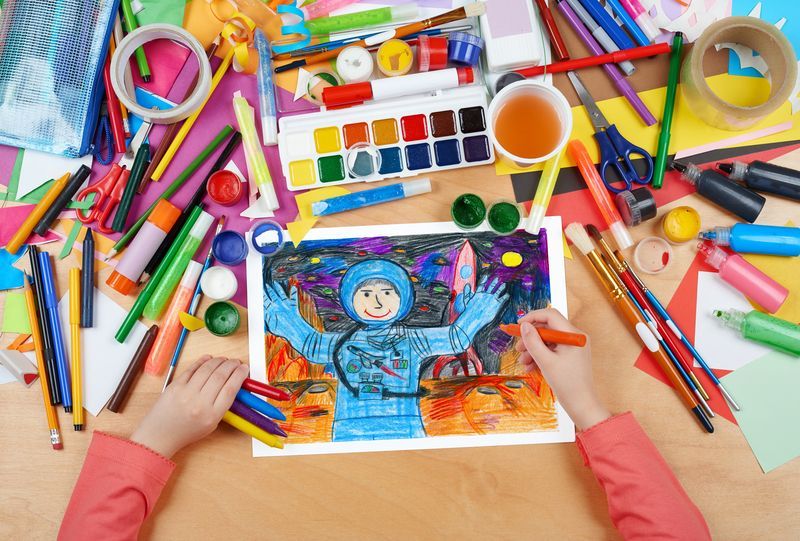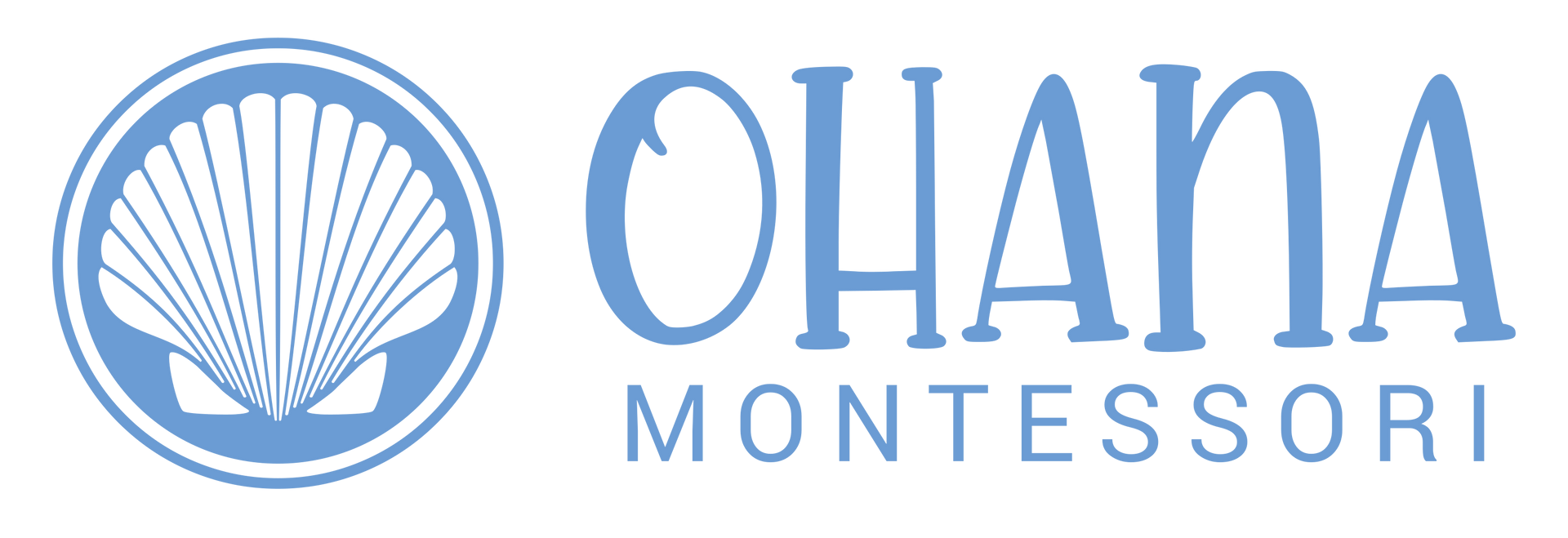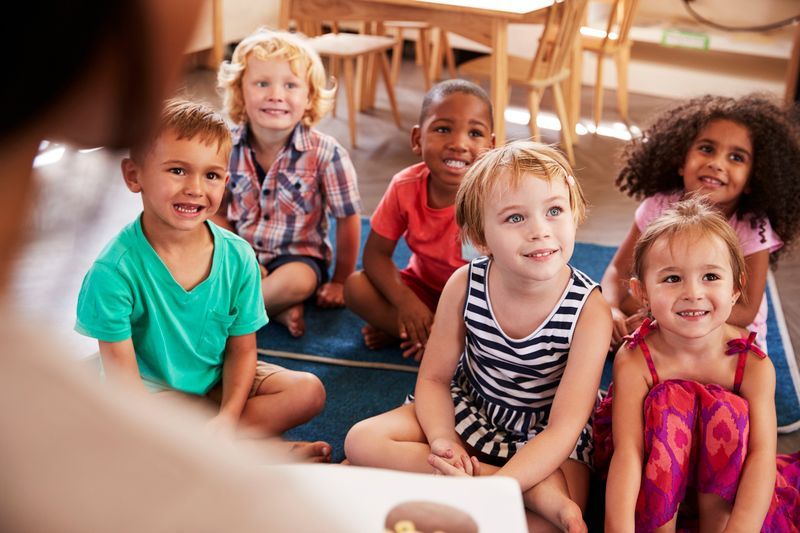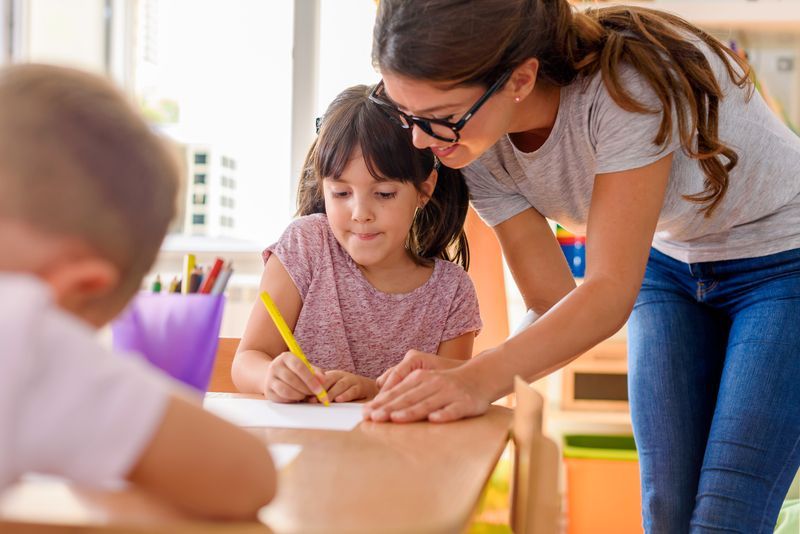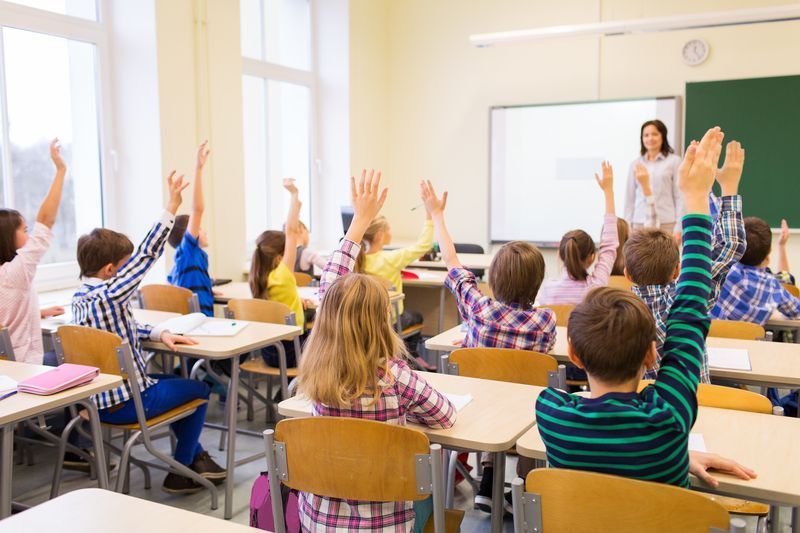March 4, 2024
Montessori education is a unique approach that focuses on nurturing the natural curiosity of children. It encourages them to explore and learn at their own pace, fostering a love for discovery and developing independent thinking skills. This method of teaching aims to create a supportive environment where children can grow into confident, self-motivated individuals. The Philosophy of the Montessori Method The Montessori Method, developed by Dr. Maria Montessori, is an educational approach that emphasizes the importance of child autonomy. Central to this philosophy is the belief that children learn best when they are allowed to explore and engage with their surroundings at their own pace. This method is designed to support the natural developmental stages of a child, offering them freedom within boundaries to instill self-discipline and independence. Montessori classrooms are uniquely structured to empower children, encouraging them to make choices about their learning activities and allowing them the space to develop self-reliance and critical thinking skills. Contrasting sharply with traditional teaching methods, the Montessori philosophy approaches education as a facilitation process rather than a directive one. In many conventional classroom settings, the teacher is the central figure, disseminating information and enforcing a structured curriculum. The emphasis is often on uniformity, focusing on memorization and standardized testing. Montessori flips this paradigm, making the student the focal point of the educational experience. The educators act more as guides who provide the resources and gentle guidance necessary for the children to discover and learn on their own terms. The environment plays a crucial role in fostering independence within the Montessori framework. Classrooms are carefully curated to be inviting, nurturing, and rich with learning materials that are accessible to the children. These materials are designed to be self-correcting, promoting a sense of accomplishment and an understanding of concepts through hands-on experience. The layout of the classroom encourages movement, collaboration, and exploration, reinforcing the idea that learning is not confined to a desk or a specific time. Each aspect of the environment, from the furniture to the learning resources, is scaled to the child's size and abilities, further reinforcing the notion that it is their domain to command and learn from. In Santa Ana's Ohana Montessori, such educational practices are brought to life, reflecting the natural diversity of the surrounding Orange County area. By emphasizing self-directed learning, a sense of community, and mixed-age interactions, Ohana Montessori captures the essence of the Montessori philosophy. Through fostering child autonomy and adapting the principles that allow children to thrive intellectually, emotionally, and socially, they provide an environment where the seeds of lifelong learning are planted and nurtured. The Montessori Educator: A Guide, Not An Instructor In the Montessori classroom, the educator's role diverges significantly from that of a traditional teacher. Rather than standing at the front of the classroom lecturing students, a Montessori educator moves throughout the space, interacting with children as they engage in individualized learning activities. They observe and listen more than they speak, ready to provide support or introduce new materials when a child shows interest. This approach requires a fine balance of patience and attentiveness, ensuring that each child is continually making progress at their own pace. One of the key techniques Montessori educators utilize to facilitate self-directed learning is the "prepared environment." The classroom is meticulously organized with an array of learning materials related to different subject areas, from language to mathematics, and sensory experiences. Each material is strategically placed to be accessible and inviting to the children. An educator's role involves presenting these materials to kids in an engaging way and then stepping back to allow exploration and discovery. In the Montessori School of Lake Forest, Mrs. Cooper exemplifies the Montessori educator's expertise. Upon noticing Kai, a five-year-old student showing an interest in numbers, she introduces him to the "number rods." After demonstrating their use, she observes from a distance, allowing Kai to explore the rods. When he successfully completes the sequence, his proud smile encapsulates the self-motivated learning that the Montessori Method champions. Techniques to Steer Learning Without Direct Instruction Montessori educators subtly guide children's learning experiences without giving direct instruction. Instead, they present tools and learning materials that children find intriguing, which spark curiosity and lead to self-directed study. For instance, in a classroom corner, a set of geography puzzles invites the child to learn the shapes of continents, indirectly preparing them for future studies in cultural geography and earth sciences. Constructive play, another vital component in Montessori classrooms, is regarded as a substantive learning tool rather than mere entertainment. By engaging in thoughtful and purposeful play, such as solving a complex pattern with blocks or tending to a classroom plant, children learn practical life skills, problem-solving, and teamwork. Striking the Right Balance: Intervention vs. Independence Intervention is sparing and always deliberate in a Montessori classroom. Educators intervene only when a child is truly stuck or when guidance can lead to a breakthrough in understanding. The essence is to prevent the hindrance of the child's learning process while ensuring safety and respect for others. Peer learning and collaboration are also encouraged. Children are often seen working together and sharing insights, which reinforces social skills and cooperative work practices. Through careful observation, a Montessori educator determines when collaboration naturally emerges and when to encourage it among children gently. It's through observation that Montessori educators discern the optimal balance between stepping in to provide support and stepping back to let discovery happen, shaping a learning environment where independence and confidence flourish in each child. Self-Motivated Learning: The Long-Term Benefits The Montessori Method has long stood the test of time, not just for its unique approach to teaching but also for its proven long-term benefits. Research into Montessori outcomes reveals that children educated within this framework develop into well-rounded, self-motivated learners. A study conducted by Angeline Lillard and Nicole Else-Quest found Montessori students to exhibit better academic performance, social cognition, and executive control than their traditionally schooled peers. These children also exhibit a joy for learning which springs from the opportunity to pursue their passions and interests at their rhythm. The impact of the self-motivation fostered in Montessori classrooms goes beyond academic achievements. Such education shapes independent thinkers who are confident to face challenges, adaptable to changing environments, and ready to take initiative in their learning journey. Educational experts accentuate how Montessori-trained students often grow into lifelong learners with an intrinsic drive for personal and academic growth, a valuable trait in today's fast-evolving world. Montessori at Home: Guidance for Parents Extending Montessori principles beyond the classroom can provide a consistent and supportive backdrop for a child's development. Parents can embody the Montessori educator's role at home, creating child-oriented spaces and involving children in day-to-day activities that promote independence, such as self-care and household chores. Rather than providing solutions, parents can encourage their children to think critically and problem-solve independently. For instance, when a child spills milk, a Montessori-informed response might involve asking the child what they think the next step should be, therefore guiding them to the conclusion that cleaning up would be appropriate. It provides a learning opportunity and reinforces the method's core philosophy of fostering autonomy and responsibility. Linda, a parent who adopted Montessori methods at home, shares, "Since integrating Montessori ideals in our household, I've seen a remarkable change in my son's attitude. He takes initiative in his chores, explores his creativity with open-ended toys, and asks thoughtful questions about the world around him. It's like a light in his eyes has turned on." Children flourish when they sense respect for their abilities and when they're trusted to take charge of their actions. The Montessori Method at home can nurture this development and lay a foundation for a fruitful educational journey, where learning is not a chore but an engaging and self-directed quest. The Montessori Method is thus not merely an educational model; it is a holistic approach to fostering child autonomy and developing self-motivated individuals ready to navigate the complexities of life with poise and curiosity. Whether in the intimate setting of a Montessori classroom or within the walls of their own homes, children learn best when they learn for themselves, guided patiently by watchful eyes that know when to intervene and when to witness the blossoming of independence. Interested in embracing the Montessori philosophy for your child? Visit Ohana Montessori’s website to learn more about our program and enrollment process.
